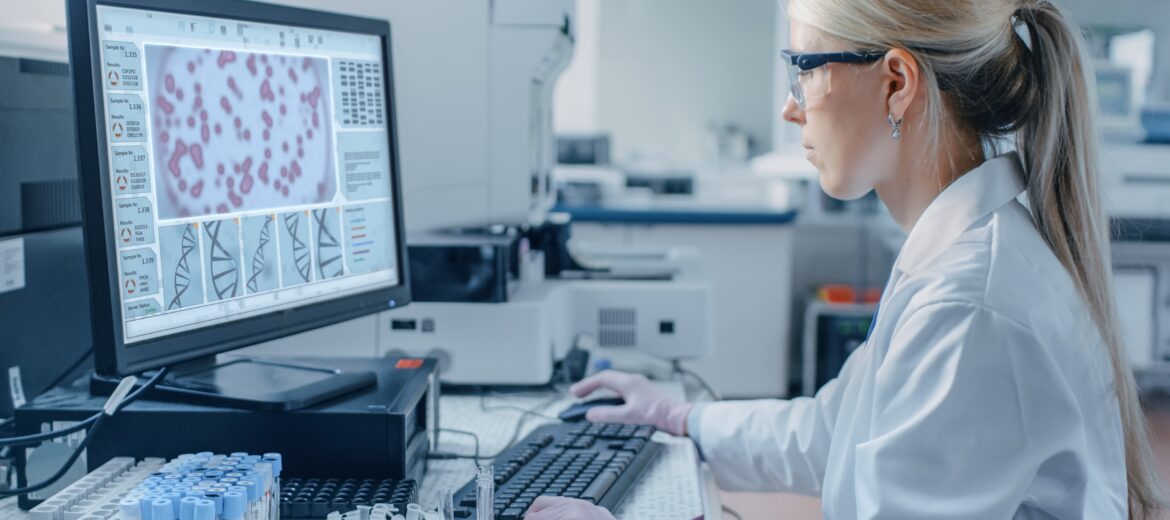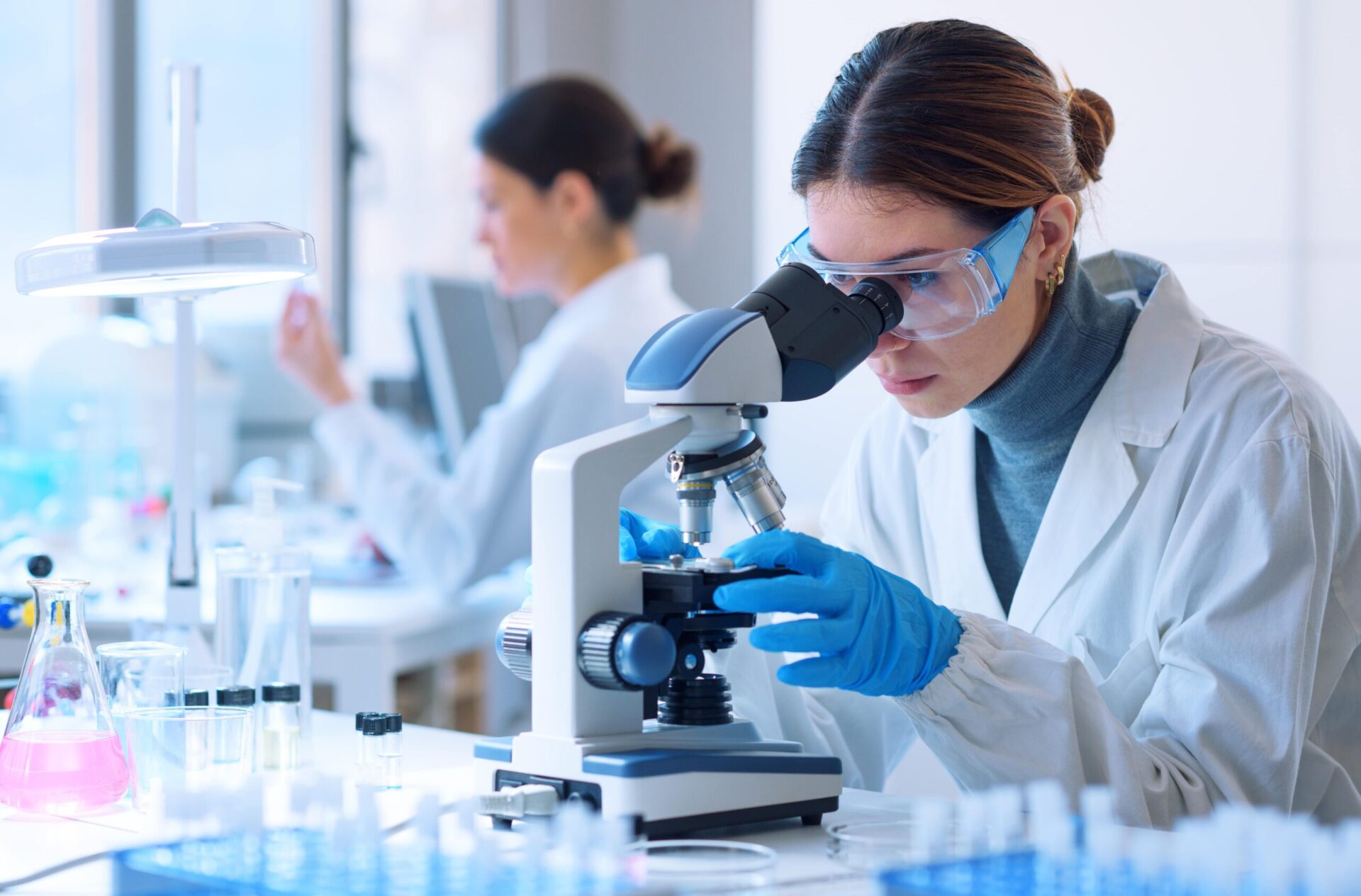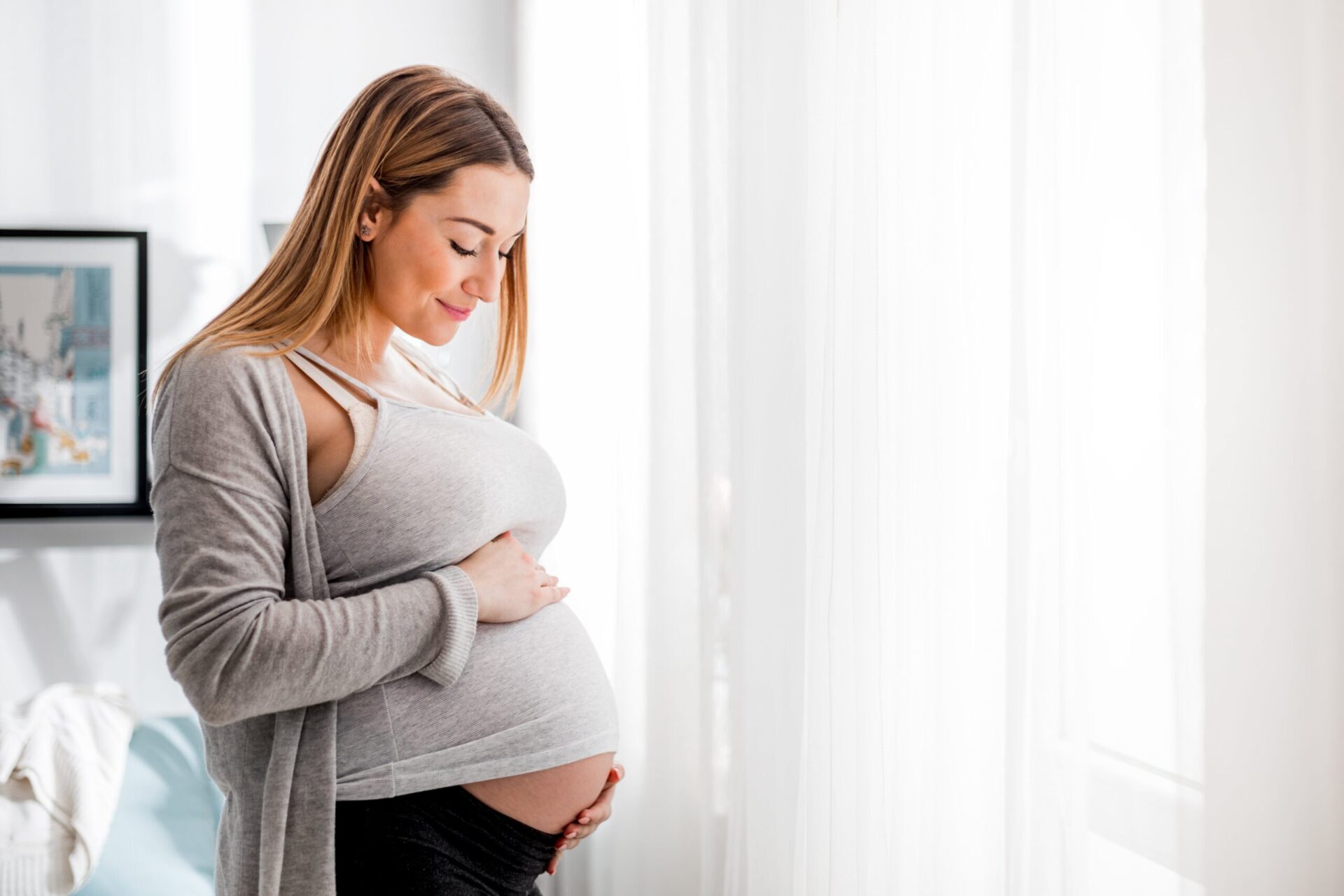An oocyte donation mother is one who has opted for assisted reproductive treatment, which involves receiving an egg donation. This alternative is generally the last resort that people use, because it implies giving up the genetic inheritance of the mother.
Ovodonation mothers receive an egg from an anonymous donor, which will be fertilized with the father’s sperm. This generates a lot of concern, fear, doubts and even rejection in many women.
For every expectant mother it represents a high point, knowing that her child will not have her genetic endowment. This is one of the most outstanding aspects of stem cell donation.
Because of the above, a high percentage of couples decide to choose the alternative of a mother by ovodonation, after having tried several times other in vitro fertilization (IVF) treatments.
What is epigenetics in ovodonation about?
Epigenetics deals with the changes or modifications that occur in the various characteristics of a genetic nature, according to the environment in which the individual develops and grows.
When we talk about epigenetic ovodonation, we refer to the influence that the environment in which the fetus develops has on the fetus.
All cells belonging to an organism have the same genetic load, but not all the information they possess is manifested. Only the information required by the organism, that which is affected by the environment in which it develops, will be manifested.
In other words, the combination of epigenetics and ovodonation indicates that the environment in which the baby grows up, and the influence that his family has on him, will cause the child to develop characteristics that will make him similar to his parents.
These effects of ovodonation and epigenetics occur as soon as the fetus begins to grow and evolve in the mother’s womb. This is how the habits and lifestyle of the mother-to-be will influence the expressions that her child will develop.
In other words, genetics is already pre-determined, but epigenetics may undergo changes over time. So it becomes very common for cases of mother-like ovodonation to occur. Women who have conceived through egg donation identify and detect considerable similarities with their offspring.
What does the baby inherit from the pregnant mother?
Epigenetics is a key and fundamental element in the development of every person.
A clear example of this is represented by diseases that have a certain amount of genetic load, such as diabetes. But epigenetics can have a positive influence on this condition, preventing the child from suffering from it, if the child has an adequate diet. This can occur, even if the baby was born through ovodonation.
On the other hand, it also influences behavior, since the child will naturally assimilate forms of expression and gestures of the people with whom he/she lives. And this is not determined by genetics.
It is precisely these aspects that allow character similarities between individuals to be identified, rather than physical resemblances.
Several studies have been carried out to analyze the link between ovodonation and the child’s resemblance to the mother. The results obtained show that the pregnant mother communicates with the embryo, despite the fact that the genetic load is different.
This allows modifications to occur in the fetus’ genome, thanks to the exchange that takes place between the embryo and the mother’s endometrium. It is in this way that the mother imprints her imprint on her baby, from day one of gestation. Added to this is the influence of the environment in which the child will grow up, which also adds points for ovodonation physical similarities.
In an ovodonation treatment the genetics of the donor is present, but through epigenetics the child will be able to inherit the characteristics and traits of the pregnant mother.
Several studies indicate that stress, the life habits of the mother-to-be, her diet, hormonal changes and possible exposure to negative agents affect the genetic expression of the fetus.
The mother will not only create affective bonds with the child that develops inside her, she will also create biological bonds that are determined by epigenetic physical traits.
From which of our parents do we have more genetic load?
A baby procreated by means of the standard mechanism usually inherits half of its genetic load from each of its parents.
But in the case of egg donation, this genetic distribution varies somewhat, because there are, so to speak, three sources of genetic inheritance. That is why it is very common to ask the question:from which of our parents do we have more genetic load?
Women who opt for egg donation may wonder how their child can look like them, or inherit anything from them if they will not receive their genetics. However, it should be noted that medical specialists usually try to find donors who have the closest physical resemblance to the mother. This is achieved by taking into account criteria such as race, eye color, blood type, hair type and color, complexion, among others.
Additionally, as already discussed, epigenetics also has to do with what the recipient mother passes on to her child while in the womb, and while raising it.
Therefore, the child will inherit half of its genetic load from the father, and the other half from the biological mother and genetic mother gestational mother.
While it is true that the genetic load transmitted by the mother-to-be is smaller in proportion compared to that of the father, it will also influence the traits of her child. All this is possible thanks to the bond formed between the endometrium of the pregnant mother and the embryo.
In the days prior to embryo implantation, the mother-to-be generates endometrial fluid, which carries her genetic information. This information is transmitted to the embryo, which transforms or adapts its development.



